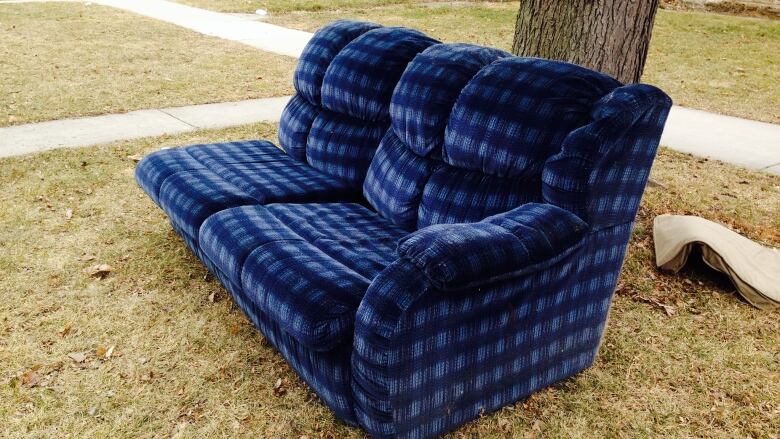Waste drop-off sites to reopen in Waterloo region in May
People will be able to drop off residential waste at the sites

The Region of Waterloo is reopening waste transfer stations in Waterloo and Cambridge on May 4 so people can drop off their residential waste.
The sites will be open for regular residential business Monday to Saturday from 7 a.m. to 6 p.m.
Opening the sites means people will be able to drop off garbage, large items, yard waste, organics, recyclables and household hazardous waste, the region said.
People will need to pay the $5 minimum fee, and cash will not be accepted.Only credit or debit cards will be permitted, the region said.
"Residents will not be able to pick up compost or mulch, and at the Waterloo site, the Habitat for Humanity ReStore trailer, Goodwill Donation Centre and bike bunker will remain closed," the release said.
Expect stations to be busy
The region said staff expect the sites will be "extremely busy," especially on Saturdays.
"Long line-ups and wait times, typical of this time of year under normal circumstances, will be even longer as staff limit the number of vehicles permitted on site at one time and ensure an appropriate distance between drop-off areas," the region said.
"Residents are reminded to please restrict themselves to essential trips only and to observe physical distancing."
Bulky and large item curbside collection is still postponed. Bagged garbage is being collected and people can put out up to six bags of garbage every second week.
The region says regular compost and blue bin collection continues.
Any items that touch a person's face, including cans, bottles or tissues, should go in the garbage, the region has said previously, as a way to protect garbage collection workers.
Anyone who is sick should put all items that came in contact with their mouth, nose or eyes into the garbage.












_(720p).jpg)


 OFFICIAL HD MUSIC VIDEO.jpg)
.jpg)



























































































